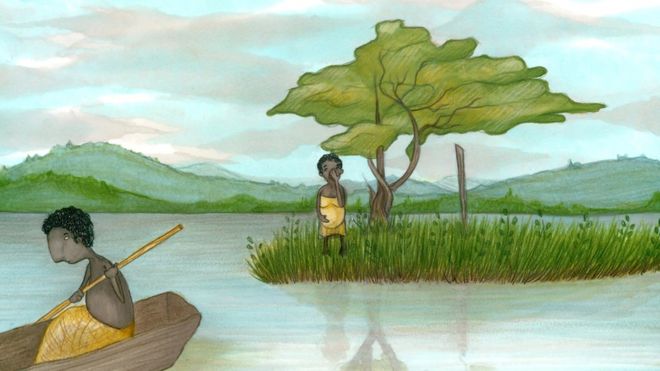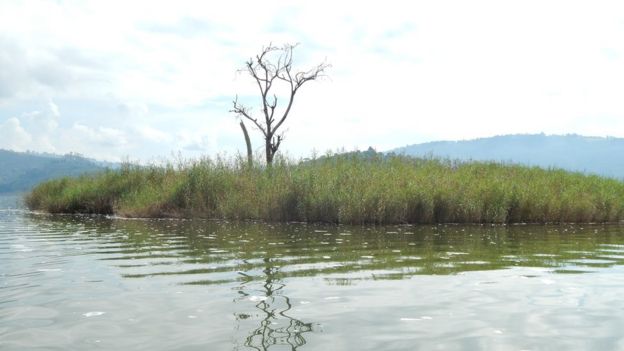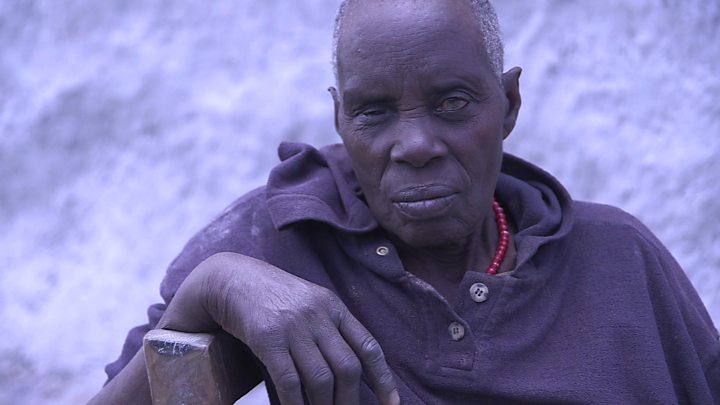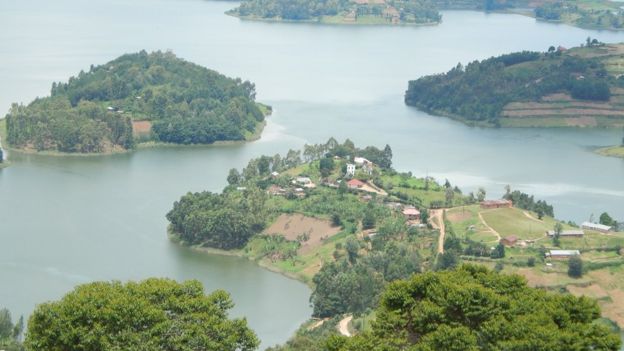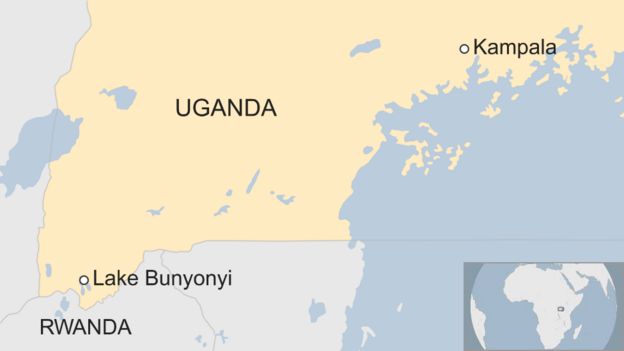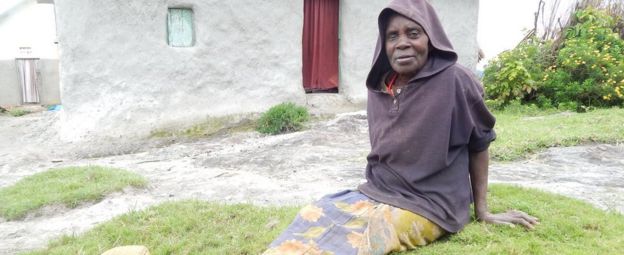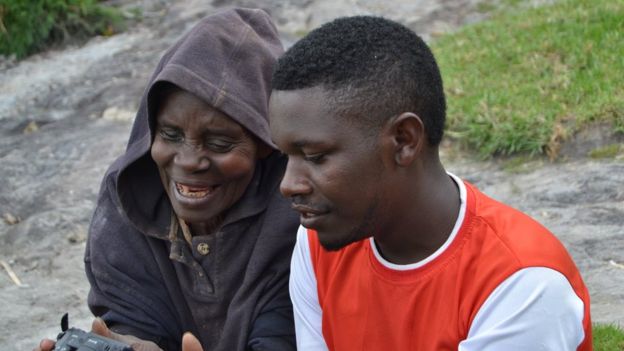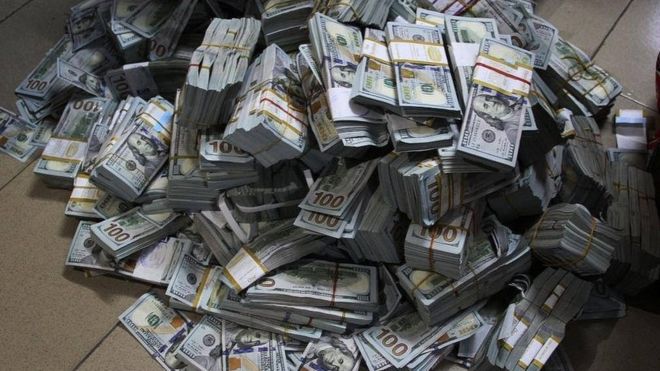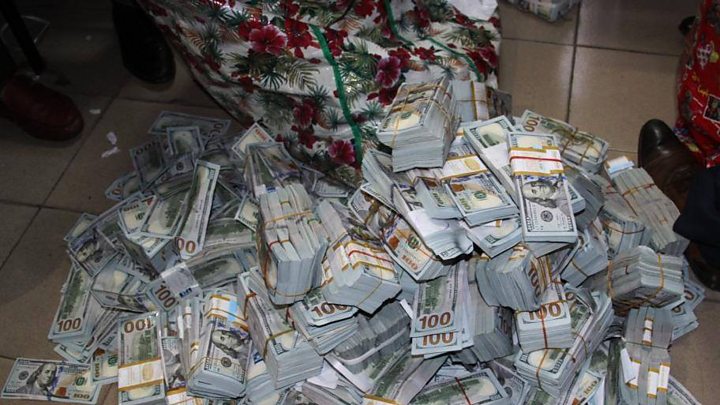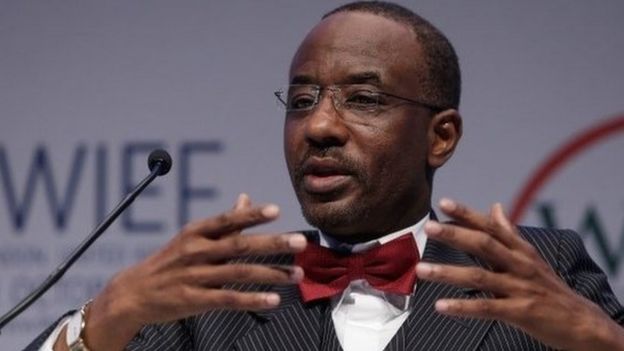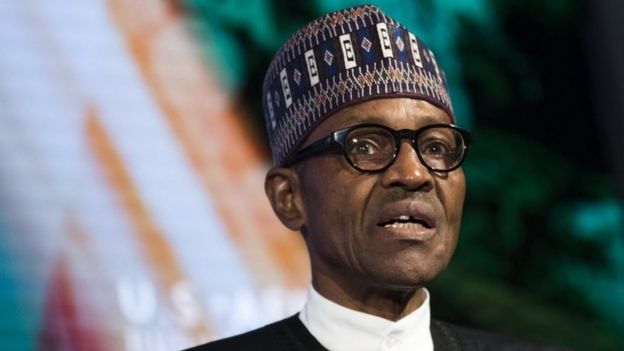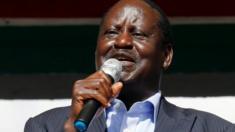
OPINION By Douglas Anele
It is undeniable that in the on-going war against corruption, President
Muhammadu Buhari is not really eager to beam the searchlight on his loyalists,
cronies and rapaciously corrupt politicians who contributed significantly to
his electoral victory in 2015, despite the hypocritical prosecution of Senate
President, Dr. Bukola Saraki, and suspension of Secretary to the Government of
the Federation, Babachir Lawal, which are red-herrings probably meant to
mislead gullible Nigerians that the anti-corruption programme is not
discriminatory.
Of course, the EFCC and other anti-graft agencies cannot handle all
corruption cases simultaneously; therefore, some selectivity is inevitable, and
because PDP was the ruling party before 2015 elections it is convenient for the
present administration to act as if bulimic corruption began in 1999 and ended
in May 29, 2015. However, going beyond the anti-corruption shibboleths and
denials of Lai Mohammed, Garba Shehu and APC chieftains, one could see that
mutant forms of financial corruption, especially in forex deals and purported
intervention funds, are thriving under Buhari's watch.
Meanwhile, the perception that President Buhari is focusing attention
mainly on Jonathan and a handful of top members of his administration while ignoring
elephantine corruption committed from 1985 to 2017 has been dampening
enthusiasm and support for the war against graft. Besides, media reports
indicate that there are many petitions with the EFCC about corruption involving
several key members of this administration and prominent APC stalwarts, but it
appears that no one is keen to investigate them thoroughly.
If those reports are indeed true, then the renewed effort against
corruption cannot achieve long lasting results in spite of assurances from the
presidency that the methods EFCC is using now will ultimately yield the most
dividends in comparison with what obtained before Buhari became President. Now,
Prof. Chinua Achebe in his book, There Was a Country: A Personal History of
Biafra, succinctly captures the problem with Buhari's style of dealing with
corruption by asserting that "If the President - the person running the
whole show - has all the power and resources of the country in his control, and
he is also the one who selects who is to be probed or not, clearly we will have
an uneven system in which those favoured by the emperor have free rein to loot
the treasury with reckless abandon while those who are disliked or tell the
emperor that he is not wearing any clothes get matched swiftly to the
guillotine."
That is why the advisory
committee comprising ardent buharimaniacs headed by Prof. Itse Sagay cannot be
trusted to give Buhari dispassionate objective advice on how to deal with
corruption effectively. Sagay and his colleagues are too emotionally attached
to the President such that it would be extremely difficult for them to
criticise him or propose measures that contradict what he wants no matter how
valid or appropriate their recommendation might be.
Related to the point above is that President Buhari has taken
nepotism, one of the deadliest forms of corruption, to an unprecedented level.
As I remarked earlier, corruption is not limited to economic and financial
misconduct; in fact, the most damaging form of corruption is perversion of people
and institutions. In that case, the President is definitely corrupt because, by
his skewed appointments which favour his close relatives, northerners and
muslims, he has grossly corrupted the powers given to him by the constitution
to fill vacant public offices in a manner that reflects the multiply plural
character of our country.
Although fanatic buharimaniacs are deaf, dumb and blind to this
peculiar form of corruption and even justify it with the silly argument that
Buhari can appoint all members of his family or kindred to every available
position so long as they can perform, others, especially, Dr. Junaid Mohammed,
frankly admit that the President's nepotic proclivity is a specie of
corruption. In my opinion, President Buhari's favouritism towards Muslim
northerners is damaging and corrupting the evolution of a just and equitable
Nigerian nation because he is perverting the essence of true federalism by
denying the south, particularly the south east, its fair share of leadership
positions in the security agencies and several key federal institutions.
The 1999 constitution, notwithstanding its grotesque feudalist
tenor, stipulates correctly in section 14 (3) that public offices at the
federal level should be distributed in a manner that reflects the federal
character of the country such that all federating units will have a sense of
belonging. Thus, if Buhari does not see himself first and foremost as President
of the federal republic of northern Nigeria, how come virtually all the major
security agencies are headed by muslims from northern Nigeria, as if
southerners do not have qualified personnel to fill those positions?
Why did he pledge during
his inauguration that he would be President for all Nigerians and yet assert
shortly afterwards that he would treat different parts of the country based on
how they voted in the 2015 presidential election? Nigerians should stop
fixating on the financial and economic dimension of corruption and instigate a
paradigm shift through critical evaluation of President Buhari's nepotic style
of leadership notwithstanding his promise to "belong to everybody and to
no one." By so doing, the blinkers will begin to fall from their eyes;
they would realise that nepotic favouritism is both the mother of corruption and
step-mother of mediocrity.
Those alleluia chorus boys and girls in the media facetiously
promoting the idea of Buhari as the messiah of our time should answer the
following questions: Why is the President making decisions that tend to portray
him as the champion of northern muslims? Has the north contributed more than
the south to the socio-political and economic development of Nigeria to warrant
rampant subordination of the latter to the former?
Since southern Nigeria has been carrying the bigger economic
burden of the geopolitical entity called Nigeria by Lord Lugard even before the
1914 amalgamation, what is the rationale behind putting the interests of
northern Nigeria above those of southern Nigeria by northern heads of state
beginning with retired General Yakubu Gowon? Is Buhari morally justified in
perpetuating and worsening the northernisation and islamisation of our country,
perhaps in accordance with the archaic revanchist vision of late Sardauna of
Sokoto, Alhaji Ahmadu Bello? Honest and accurate answers to these questions
will sharpen our evaluation of the underlying motives behind President Buhari's
key decisions while in office.
Another dimension of
corruption in Buhari's government that Nigerians are neglecting is profligacy.
At a time when the country is struggling with recession and majority of our
people are in the slough of despond, the federal government is spending too
much on things that can be accomplished at considerably lower cost. Many
Nigerians have reacted to the incredible amounts set aside for various items in
the 2017 budget by the executive. But I consider the comparative analysis by
the lawyer, Chief Mike Ozekhome, in the Daily Sun of March 8, 2017, very
instructive and worrisome at the same time.
I will select from his presentation relevant information to
demonstrate that the federal government is not serious about real change
through leadership by example, that just like their predecessors Buhari and his
lieutenants believe that belt-tightening and the pains of recession should be
borne by the suffering masses alone while they corner and appropriate public
resources for their own comfort and enjoyment. According to Ozekhome, the
various agencies of government earmarked a total of N5.41 billion just for
budget preparation and administration.
In 2015, the sum of N6,121,643 was allocated for sewage charges
in Aso Rock; for this year, it has skyrocketed to N52,827,800, an increase of
over one thousand percent. In 2014, the administration of Goodluck Jonathan
budgeted N132, 200,000 for the purchase of vehicles. In 2016, the Buhari
government moved the allocation for the same item up to N877,015,000.
Interestingly, N259,000,000 was allocated for procuring tyres, batteries,
fuses, tool boxes, tyre changing equipment and kits; N27,000,000 was meant for
C-Caution signs, fire extinguishers, towing ropes and booster cables for Aso
Rock automobile fleet. For feeding, which includes foodstuffs, kitchen
utensils, cooking gas, catering materials and refreshments, N526.17 million was
budgeted in 2015, while for last year N445.49 million was earmarked for the
same items. This time around, the huge sum of N850 million would be spent on
feeding by the presidency. In 2016, N1.2 billion was appropriated for President
Buhari's local and international travels, while the sum of N978 million was
budgeted for 2017.

